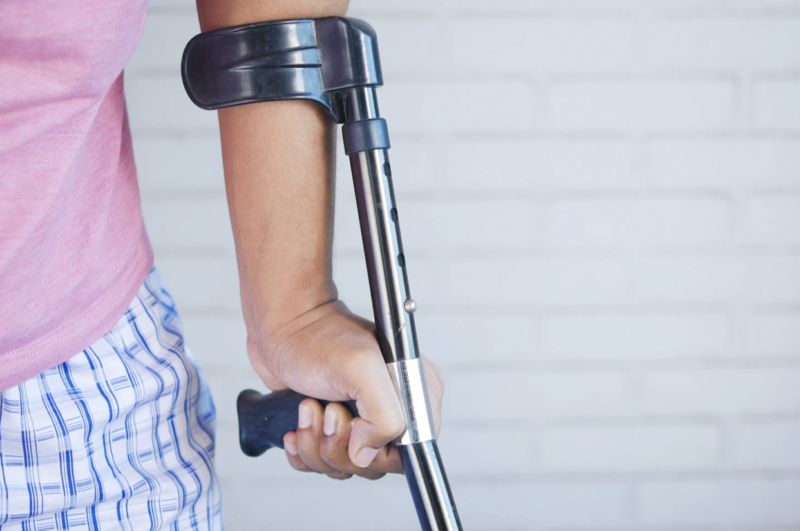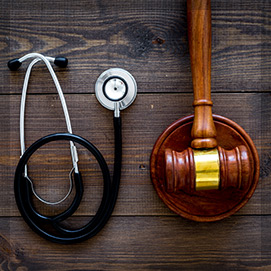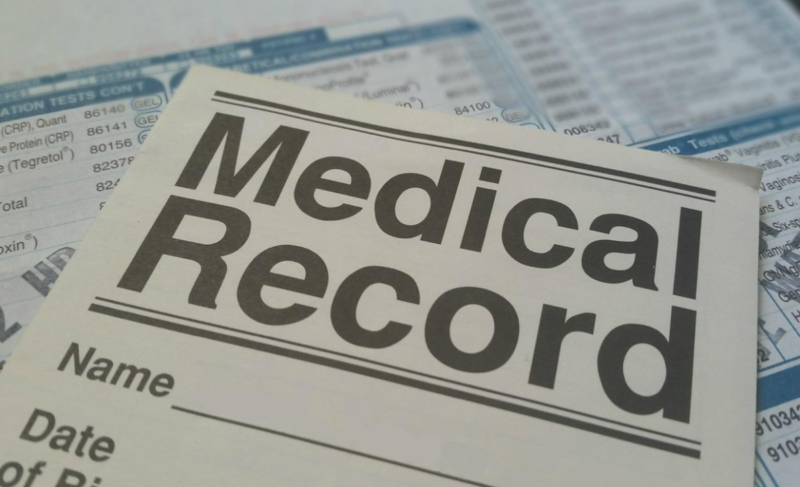Medical devices play an important role in healthcare and serve a wide range of functions for a variety of medical issues. They are absolutely integral to diagnosing, preventing, monitoring, and treating illnesses and health conditions and can range from simple tools like thermometers and stethoscopes to complex, cutting-edge technology like MRI scanners and advanced pacemakers. These devices have changed the way humans administer healthcare, but like any machine, there are risks.
When a medical device fails, the ramifications can be significant, including physical harm, emotional suffering, financial impacts, and even death.
At LJW Law, we understand the impact that medical device injuries can have on a victim and their loved ones and have years of experience fighting for compensation for those impacted by these issues. Read more below to learn more about the injuries and the legal options that victims and their loved ones may have, and contact us right away for a free consultation about your unique medical device injury.
Why Work With LJW Law?
The team at LJW Law understands the importance of a strong legal case and compassionate guidance through this difficult time. We are here to make sure that you are fairly represented when working with insurers and that you have the tools necessary to build a comprehensive and aggressive lawsuit if or when it is required.
While a medical device injury is procedurally handled the same as other personal injury cases, it’s essential that victims work with a personal injury law firm that has experience in this unique area. There are special regulations and laws pertaining to the medical field, and specifically medical devices, so it’s essential that you have an attorney who knows how to consider all of these factors when building a case and calculating the compensation that a victim is rightfully owed.


How We Can Help
After an injury, a victim and their loved ones can feel lost in the deluge of steps to take: more medical care, new recoveries, more expenses, and a lot of new insurance or legal information that needs urgent attention. Insurance companies understand that victims and their families often feel overwhelmed and use this time to their advantage by trying to push quick and cheap settlements in order to avoid paying the true cost of their policyholder’s negligence. It’s important to remember that insurance companies aren’t necessarily looking out for the best interests of a victim and their family— and that’s why it’s so important to work with a legal team that is prepared to fight for the money you rightfully deserve.
Once you are partnered with LJW Law, we will take on all of the communications with the at-fault party and their insurer or legal team so that you can stay focused on getting the care you need and taking the necessary time to recover from the injury. At the same time, we will help you identify paths forward in order to manage mounting medical bills, ongoing lost wages, and other financial issues that often motivate people to accept low settlement offers in order to quickly get back on their feet. In these situations, many people realize in a short time that they got far less than they actually need in settlement, but at this point, it is too late.
When you have an experienced legal team on your side, you can keep your stress low and your confidence high while we help you understand your rights and options.

What Is a Medical Device Incident?
A medical device incident is when a medical device produces undesirable effects that may impact patient safety. These incidents may involve a malfunction or the deterioration of a device. In many cases, this can lead to an injury — or even death.
Examples of incidents can range from minor issues like an incorrect reading on a thermometer to something major like a pacemaker failure or an MRI machine error. In some cases, incidents may be caused by a manufacturing defect or a design flaw in the device itself. Other times, the incident may the caused by the medical professional administering the care.
For victims of these incidents, understanding your legal rights is absolutely essential. LJW Legal focuses on this field and can help you understand the path forward through this complex situation.
Examples of Failed Medical Devices
The following are just a few of the many failures and recalls that have happened in recent years. Whether or not you see a medical device issue that you have experienced, be sure to contact the team at LJW Law right away for a free consultation about your situation.
Allergan breast Implants
In July of 2019, the U.S. Food and Drug Administration requested that Allergan recall their Biocell textured breast implants due to a link between the implants and an increased risk of breast-implant associated anaplastic large cell lymphoma (BIA-ALCL), a rare type of non-Hodgkin’s lymphoma. This recall did not include Allergan’s smooth implants, but this was a significant recall that impacted consumers worldwide and stemmed a number of legal cases against them.
Pelvic Mesh
Pelvic mesh is a medical device used to treat pelvic organ prolapse in women that can occur due to weakened pelvic muscles caused by pregnancy, surgery, or aging. The mesh is surgically implanted to support the pelvic organs; however, there have been increasing reports over the years that there are serious complications caused by this device. These complications include severe pelvic pain, infections, bleeding, mesh erosion, organ perforation, and a host of sexual issues.
Several manufacturers of pelvic meshes have faced significant legal action over the years, and a variety of meshes have been recalled and taken off the market. The FDA banned pelvic mesh for pelvic organ prolapse in 2019.
Spinal Cord Stimulators
These devices were introduced to treat chronic pain by sending electrical signals into the spinal cord. The device itself is similar in size to a pacemaker and is implanted under the skin. These devices have been reported as effective for a number of people, but many others suffered from even worse symptoms than before they had the device implanted.
Victims have suffered burns and shocks, and many have filed lawsuits believing that they were encouraged to get a stimulator implant when it was not necessary, especially in situations where salespeople were making direct contact with patients in order to make a sale or when manufacturers incentivized doctors.
Taking Action After a Medical Device Injury
The following steps are a general guide to take after an injury.
Get Medical Attention
The first step after any sort of injury is to get immediate medical attention for your own safety. Your health is your top priority through every step of this process. Never do anything that could jeopardize your condition. In fact, choosing not to get medical attention may impact your legal case because insurers will attempt to use that as evidence that your injuries are not as severe as you claim.
Report the Incident
Notify your healthcare provider about the incident right away. They will be able to develop an action plan for the next steps in your medical care, which may include surgically removing a medical device or taking additional action in order to mitigate the issues you are experiencing. During this process, make sure that you do not sign any sort of waiver or release that may absolve the provider from wrongdoing.
Contact an Attorney
As soon as you are able to, contact a legal professional and request a free consultation. Many people wait to hire a lawyer until after they have been through the care process in the aftermath of a injury, but the reality is that working with a lawyer throughout this process is one of the best ways to protect your legal interests while ensuring that you are getting the care you deserve at the same time.
Document Everything
Keep a record of any relevant information during this time, including information about the medical device, when and where it was used or implanted, any communications you had with your care provider, and any advice about next steps or medical treatment you received in relation to the device.
Document the level of pain you are in during the entire process by making a daily (or hourly) pain calendar, which will give you a clear understanding of your situation as you look back, and will provide ample evidence for your attorney as they build a case for you.
